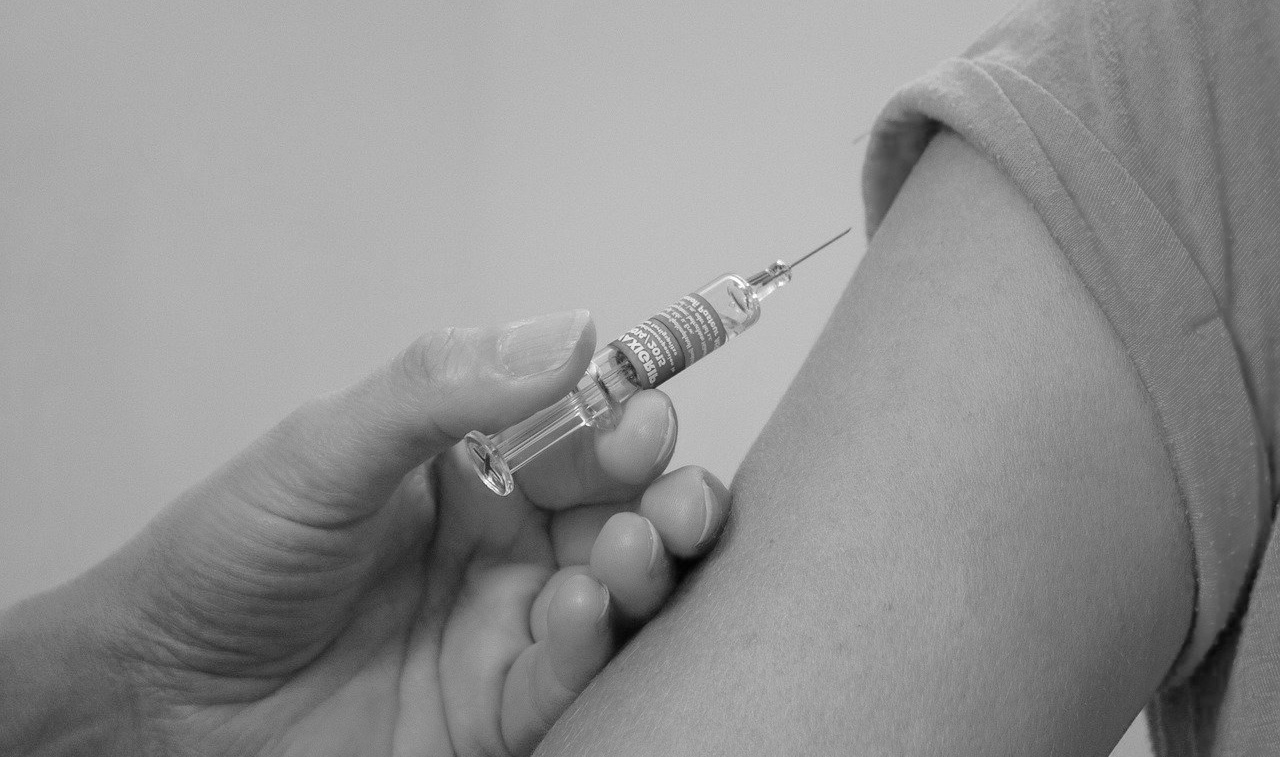Lawyers Examining Key Questions Surrounding Vaccine Mandate

During the Revolutionary War, George Washington famously ordered mass vaccinations of American troops against the smallpox virus. Historians today credit the decision as vital to the Continental Army defeating the British troops, most of whom had already been exposed to the virus at home.
The United States may not be at war, but the growing frustrations with the lingering COVID-19 pandemic prompted President Joe Biden to follow in Washington’s footsteps. Earlier this month, Biden announced that companies with 100 or more employees would need to require vaccinations against COVID-19 or conduct weekly testing for the virus. Companies impacted by the White House’s vaccine mandate are now sorting through the issues involved in putting the plan into action.
In keeping with the country’s historical tradition when it comes to vaccines, legal scholars are already gearing up to watch the courts test Biden’s mandate. In the meantime, a recent Wall Street Journal article delved into some of the specific concerns for companies as the Occupational Safety and Health Administration puts together guidance for implementing the mandate. Some of the biggest questions:
- If an employee opts to go unvaccinated, who pays for the COVID-19 testing regimen?
- Which businesses are covered by the mandate?
- What about people who work exclusively from home?
- Will religious or medical exemptions be allowed?
Some decisions will almost certainly come down to simple cost-benefit analysis. For example, offering a testing option for employees could be a nonstarter for many companies due to the hassle and expense. On the other hand, the calculus may change if unvaccinated employees must pay for their own testing.
Those are the kinds of questions where OSHA’s input seems vital. Meanwhile, in-house lawyers have added the vaccine mandate to the list of issues currently on their radar. Law.com spoke with general counsels who described addressing vaccine-related matters as a shift in their roles within companies – forcing them to confront questions that are about morals and ethics as well as the law.
The certainty of looming fights over religious and medical exemptions will put legal officers’ collective wisdom to the test. Vaccine resisters have already started filing exemption requests even though the COVID-19 inoculations enjoy nearly unanimous support of leadership from almost every major religious faith. That puts companies in the delicate position of sorting out whose religious objections or medical needs pass muster and who is gaming the system to avoid the jab.
And keep in mind that an exemption doesn’t guarantee that companies won’t nudge employees to get vaccinated. As an example, United Airlines has announced that it will put employees with religious exemptions for COVID-19 vaccinations on unpaid leave starting next month. The country’s first president would be proud.



